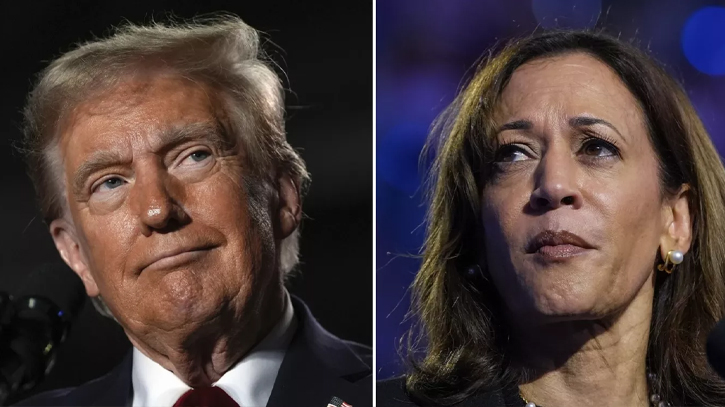
Photo : Collected
In the United States, every four years, Americans cast their votes to elect the president on the first Tuesday after the first Monday in November.
This practice, which has become a defining feature of the democratic process in the country, can be traced back to decisions made over 175 years ago, deeply rooted in the agrarian society that dominated much of the nation at the time.
The date was formalised by the US Congress in 1845 when an act was passed to establish a uniform election day for the presidential and vice-presidential races across all states. At that time, the majority of the population worked in agriculture, and the timing of the election was carefully chosen to accommodate the seasonal demands of farming life.
November was deemed the most suitable month as it fell between the end of the autumn harvest and the beginning of winter, a period when farmers had fewer obligations in the fields.
Besides, the cold and harsher winter conditions, which would make travel difficult, had not yet fully set in. Holding elections earlier in the year could have conflicted with planting or harvesting periods, critical times for the livelihoods of most American families.
The choice of Tuesday as the election day was also a matter of practicality. Sunday was immediately ruled out as it was reserved for religious observance by Christian communities. Meanwhile, Wednesday was typically the day when farmers would head to market to sell their produce, making it inconvenient for rural voters to participate in elections.
Tuesday, therefore, was seen as the best option for voters to travel to polling places without disrupting either their worship or commerce.
This seemingly simple decision—choosing the first Tuesday after the first Monday in November—was influenced by the social and economic realities of 19th-century America, yet it remains the standard by which presidential elections are held to this day.
The enduring tradition highlights how historical contexts continue to shape modern governance, even as the country has evolved far beyond its early agrarian roots.
Messenger/JRTarek








